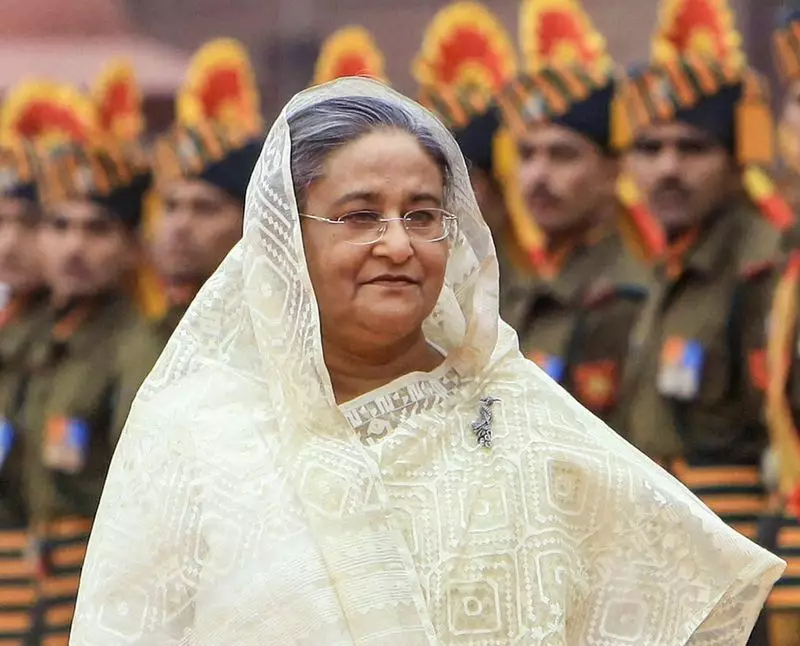
Bangladesh's interim government has made a formal request to India for the extradition of Prime Minister Sheikh Hasina and her close aide Tarique Rahman. This dramatic development comes amid escalating political tensions between the neighboring nations.
Formal Diplomatic Request Submitted
The caretaker administration in Bangladesh has officially approached Indian authorities seeking the return of the Bangladeshi leader and her associate. The request was formally submitted through diplomatic channels, marking a significant escalation in the political standoff between Dhaka and New Delhi.
According to sources familiar with the matter, the interim government has provided detailed documentation supporting their extradition request. This includes legal justifications and evidence that they believe warrants the return of both individuals to face proceedings in Bangladesh.
Political Implications and Regional Impact
This extraordinary move comes at a time when Sheikh Hasina's government has been facing increasing pressure from various political quarters. The request for extradition represents one of the most serious diplomatic challenges in recent India-Bangladesh relations.
The involvement of Tarique Rahman, a prominent political figure in his own right, adds another layer of complexity to the situation. As a key ally of the prime minister, his potential extradition would have significant implications for Bangladesh's political landscape.
Regional analysts are closely watching how India will respond to this sensitive request. The decision could potentially affect bilateral relations between the two countries and influence regional diplomacy in South Asia.
Legal and Diplomatic Considerations
The extradition request raises important questions about international law and diplomatic protocols between neighboring nations. Both countries have existing agreements governing such matters, though the application in this particular case remains uncertain.
Legal experts suggest that India faces a delicate balancing act in responding to Bangladesh's request. The decision will need to consider both legal obligations and broader strategic interests in the region.
The timing of this request is particularly significant given the current political climate in both nations. It comes amid ongoing discussions about regional cooperation and shared security concerns.
As the situation develops, international observers are monitoring how this diplomatic challenge will unfold. The outcome could set important precedents for future cross-border legal and political matters between India and Bangladesh.





